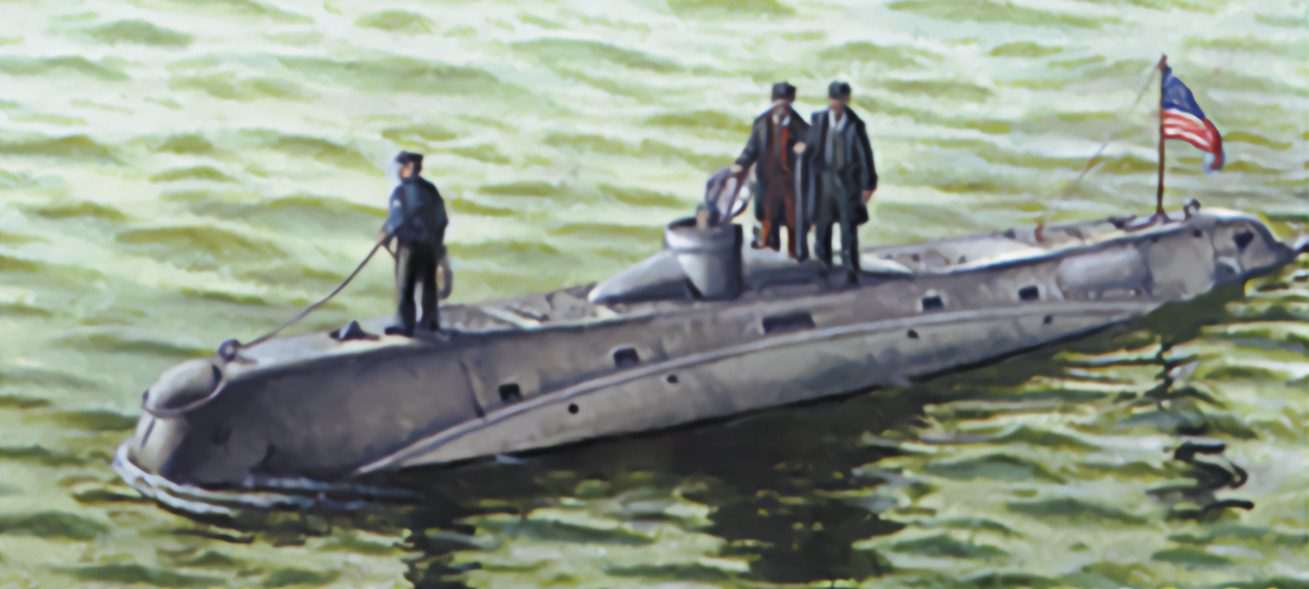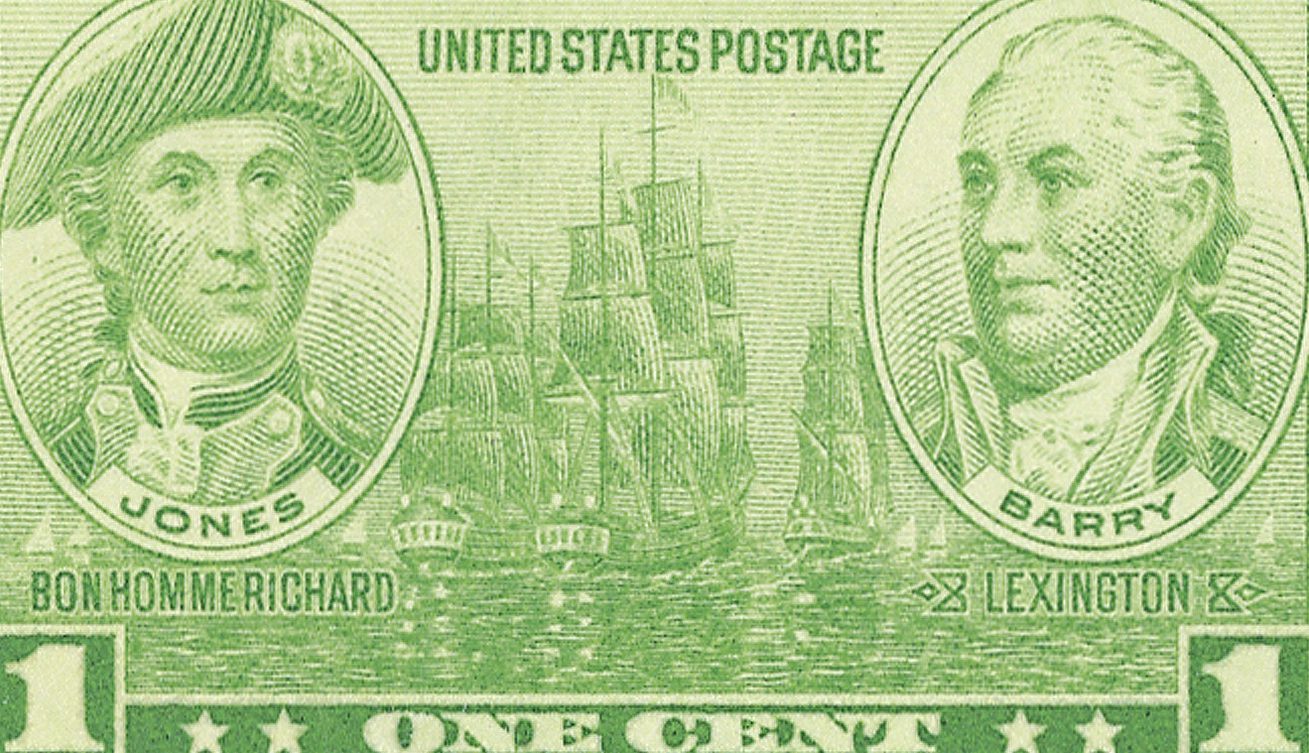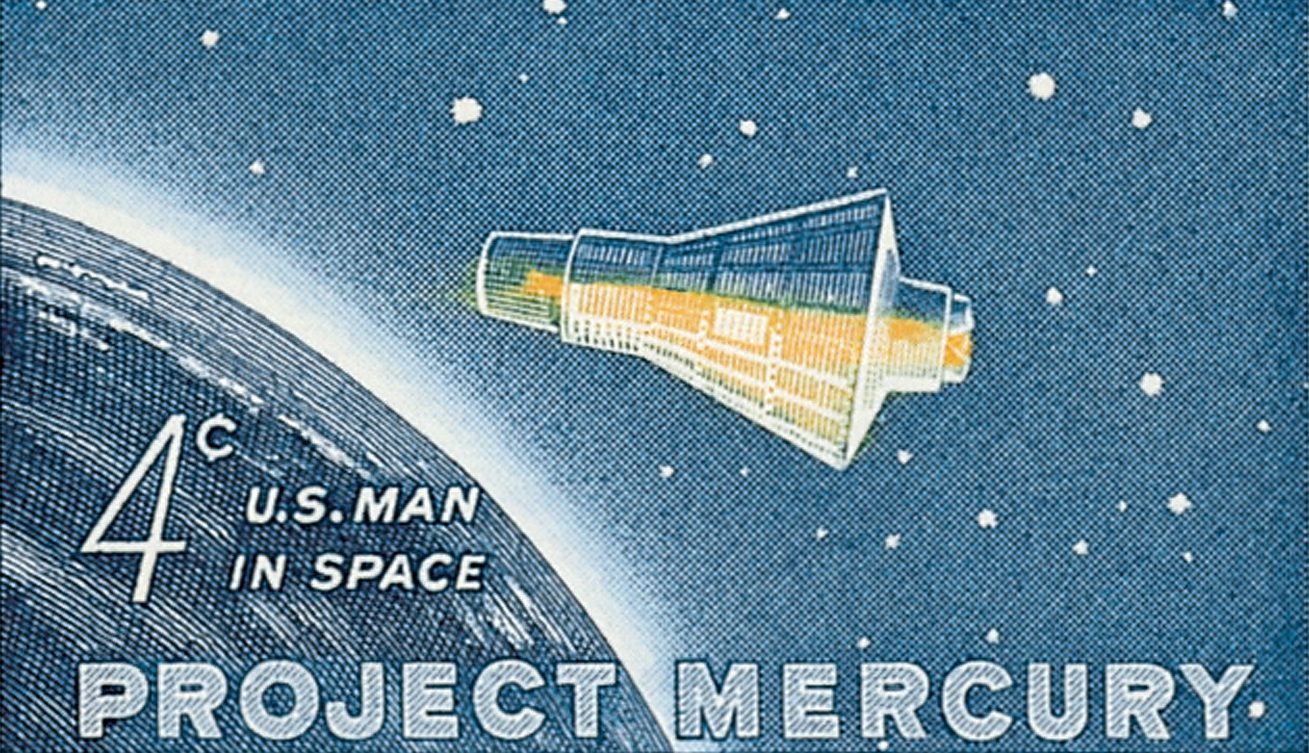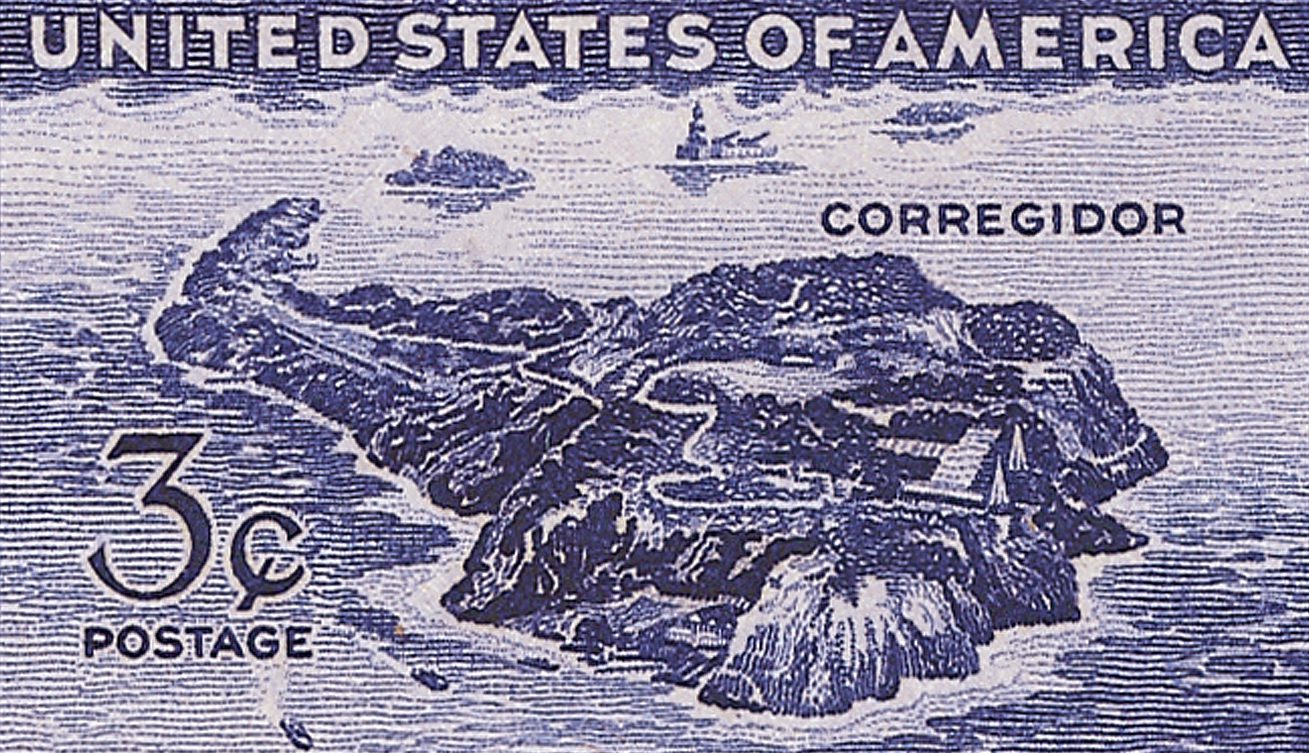The First Juneteenth
On June 19, 1865, slaves in Galveston, Texas, were finally informed of their freedom by the Emancipation Proclamation (issued two years prior). The day the last American slaves were freed has become a federal holiday observed across the country.









